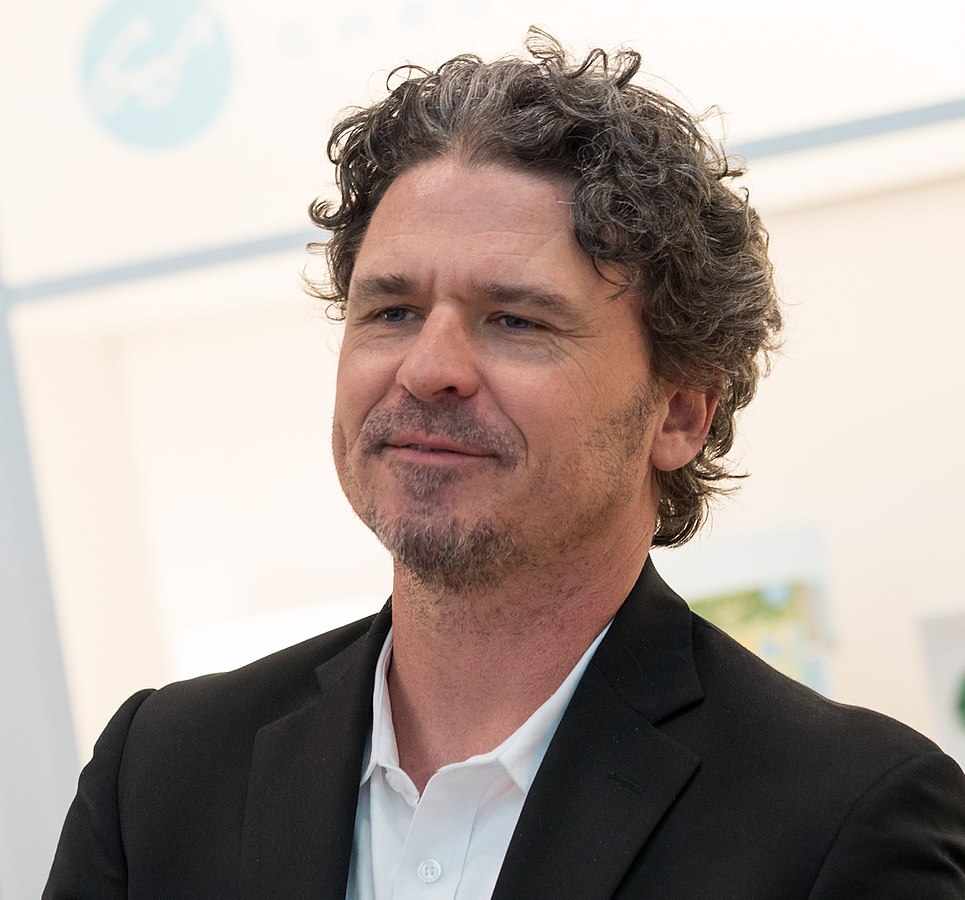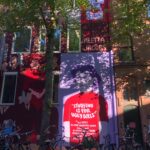Defining oneself with the perpetual presence in social networks – ICT and human rights

Dave Eggers’ “The Circle” touches upon our very developments in online communication, the obsession with social network feedback and digital transparency. The protagonists implicitly raise questions of the relationship between Information and Communication Technology and human rights and in its roots reminds of Orwell’s 1984. A good and important read.
Mae Holland is in her late twenties, finished with a good college degree and has so far worked in a dissatisfying workplace. But now she arrived in heaven, namely “The Circle”. The Tech company close to San Francisco had invented the “TruYou” – one single internet identity with which net-trolling and shitstorms are kept at bay and the user has his online activities more accessible and easy at hand. The Circle provides the best services to his international staff: local ecological food, gyms, a green campus, social events and much more. Innovation is the norm and no idea appears to be unworthy or too expensive.
When people lie or do not tell what they do, they have to hide something. Eventually, transparency is the goal.
Mae works in customer support and is soon confronted with six different screens on her desk. Naturally, she loves to be connected, to know what is going on, receive and give feedback. However, she also loves to kajak by herself in the sea. At some point she finds out how erroneous and egoistic this behaviour is. Isn’t everyone allowed to know what she is up to? And isn’t privacy theft and potentially corrupt? When people lie or do not tell what they do, they have to hide something. Eventually, transparency is the goal. Live feeds from your friends, politicians, and strangers help to overcome information gaps. A truly transparent and interconnected society makes a better world. Towards the second part of the book the author further paints a picture of our future.
Personally, I enjoyed reading “The Circle” where our very real online behaviour and social networks are described as fiction. This allows to think recent developments further and implicitly critically engage with the meanings of transparency and “sharing”. Undoubtedly, we have increasingly defined our personhood in the perpetual presence in social networks.
After a visit to Google in Dublin this year I also recognized many of the Circle’s practices to bind the bright employees to the company in our world’s tech companies. Undoubtedly, the health, food, and social services these multinationals provide are great, yet they substitute essential services by the state and build up somewhat of a parallel system.
Shortcomings keep “The Circle” from being Orwell’s 1984 of our decade. Already now we have to face issues of whether everything that is possible should also be allowed.
The storyline of the book is at times not entirely thought through and the reader is surprised by the naivitity of the protagonists. These and some other shortcomings keep “The Circle” from being Orwell’s 1984 of our decade. Still, Dave Eggers succeeded in opening our eyes about the possibilities and dangers of the Information and Communication Technology (ICT) age. Already now we have to face issues of whether everything that is possible should also be allowed. And whether full online transparency and surveillance counters human rights of privacy and anonymity. It is time we start a debate about the relationship of ICT with human rights and of tech companies and the state.
Featured Image
Rhododendrites (https://commons.wikimedia.org/wiki/File:Dave_Eggers_(11483).jpg), „Dave Eggers (11483)“, https://creativecommons.org/licenses/by-sa/4.0/legalcode.



